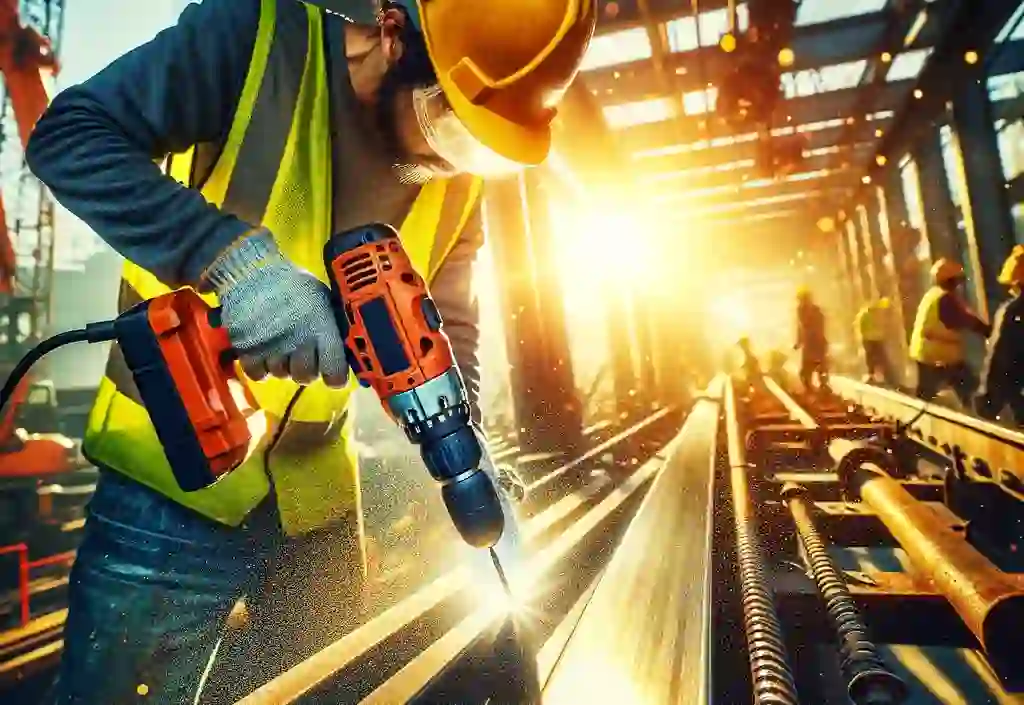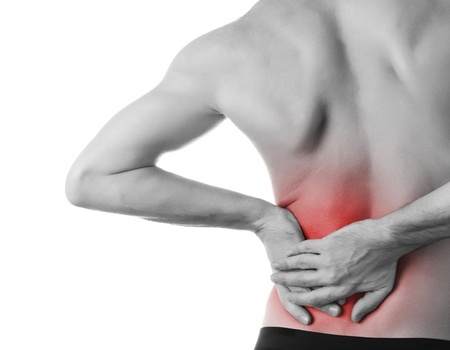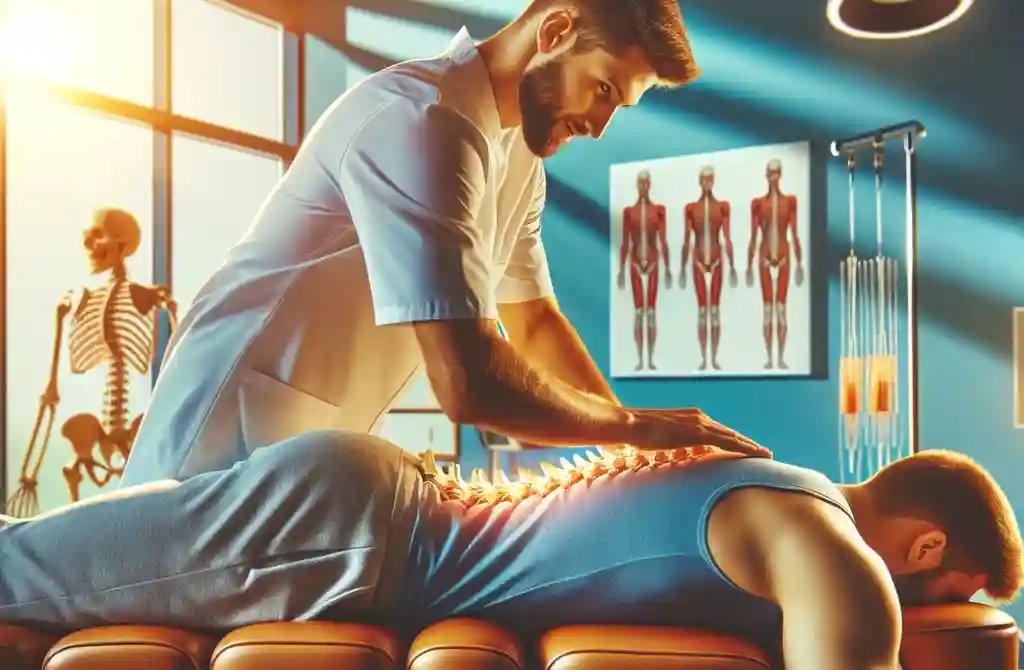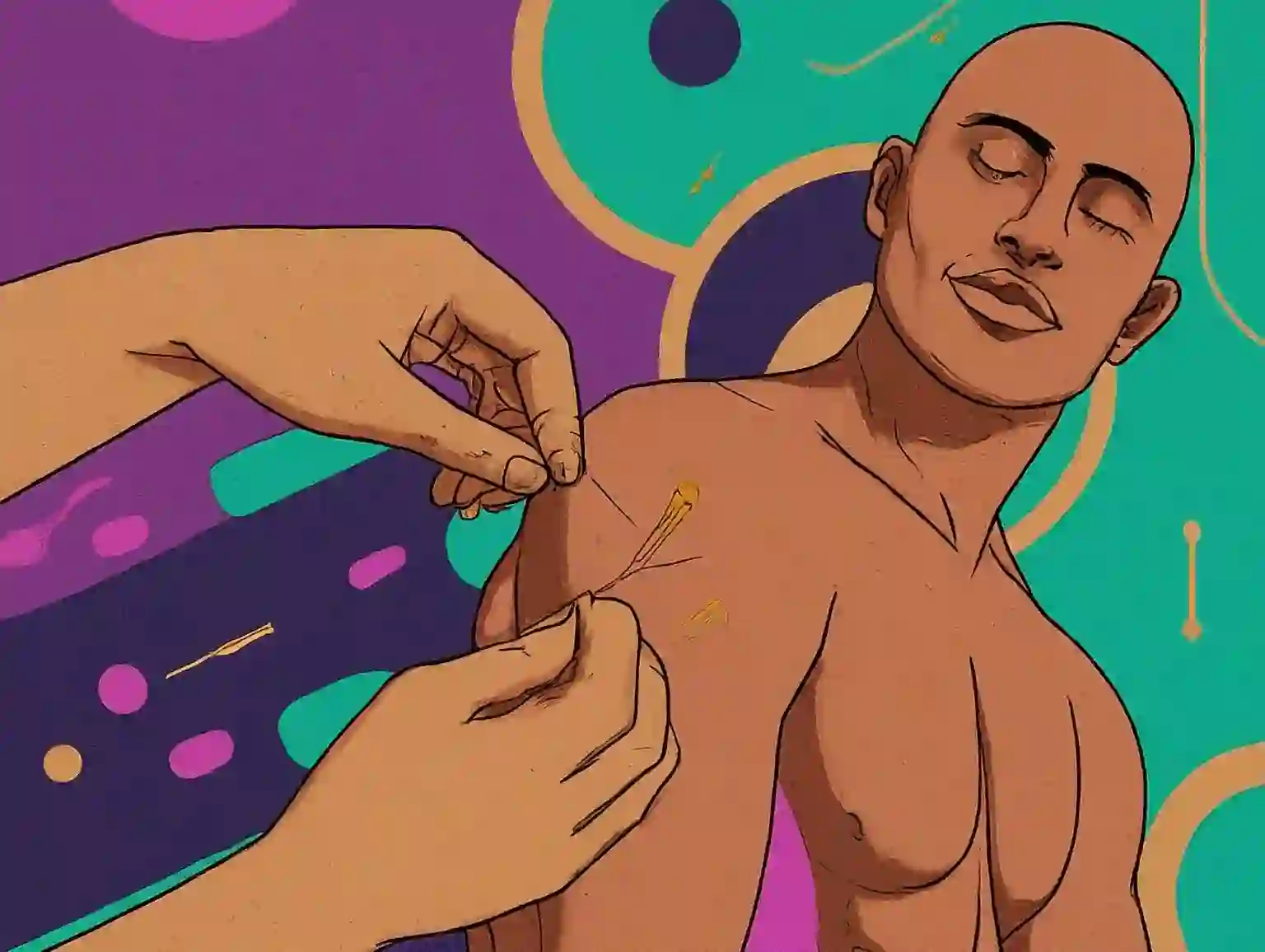Navigating Lower Back Pain: A Guide to Returning to Work

When you can get back to work after lower back pain, several factors are considered, including both physical and psychological elements:
Physical Factors To Lower Back Pain[3]
- Age: Older age can increase the likelihood of lower back problems due to disc and joint deterioration.
- Intensity of Pain: More severe pain may indicate a longer recovery period.
- General Health: Conditions like high blood pressure, diabetes, or poor sleep can slow recovery.
- Lifting and Work Postures: How much and how you lift, along with your work posture, can affect recovery time.
- History of lower Back Pain: Previous episodes of lower back pain or spinal surgery can extend the recovery period.
See Also: Sciatica Exercises For Your Lower Back and Leg Pain
Psychological Factors For Lower Back Pain[4]
- Perceived Risk of Not Recovering: A negative outlook can hinder recovery.
- Distress and Job Satisfaction: Psychological distress and dissatisfaction with work can impact recovery.
- Employment Status: Being self-employed or employed can influence the speed of return to work.
- Workers’ Compensation and Depression: These can prolong recovery due to various reasons including motivational factors.
See Also: Part 1 Disc Herniation Exercises
Prognosis and Recovery
- Most individuals with acute lower back pain improve significantly within the first six weeks, with slower improvement up to three months. However, some levels of pain and disability may persist beyond one year [1][2].
- Surprisingly, many with acute back pain return to work within a month, though reoccurrences are common.
- Treatment can significantly alter the prognosis. Engaging in appropriate chiropractic care can help manage pain and facilitate a quicker, more sustained recovery.
Prevention of Recurrence
To prevent a recurrence of back pain, consider the following strategies:
- Exercise and Physical Therapy: Engage in exercises designed to strengthen the back, improve flexibility, and enhance core stability such as chiropractic treatments.
- Ergonomics: Adjust workstations, lifting techniques, and postures to reduce strain on the back.
- General Health: Maintain a healthy lifestyle, including proper diet, sleep, and stress management, to support overall back health.
- Psychological Support: Addressing psychological factors like stress, anxiety, and depression can also play a crucial role in preventing recurrence.
By addressing both physical and psychological factors, individuals can not only improve their recovery outcomes but also minimize the risk of future episodes of lower back pain. Regular follow-up with healthcare professionals, such as chiropractors and possibly mental health specialists, can provide guidance tailored to individual needs and circumstances.
Tell us what you think in the comments below and like us on Facebook. This Toronto Downtown Chiropractor will answer all questions in the comments section.
References:
[1]Acute Low Back Pain: Systematic Review of its prognosis BMJ v.327(7410); Aug 9, 2003 [2] Menezes Costa Lda, C; Maher, CG; Hancock, MJ; McAuley, JH; Herbert, RD; Costa, LO (7 August 2012). “The prognosis of acute and persistent low-back pain: a meta-analysis.”. CMAJ : Canadian Medical Association journal = journal de l’Association medicale canadienne 184 (11): E613 24. doi:10.1503/cmaj.111271. PMC 3414626. PMID 22586331. [3]Spine (Phila Pa 1976). 2003 Dec 1;28(23):2634-40. Outcome determinants of subacute low back pain. [4] Chronicity, recurrence, and return to work in low back pain: common prognostic factors.Ann Readapt Med Phys. 2004 May;47(4):179-89.








